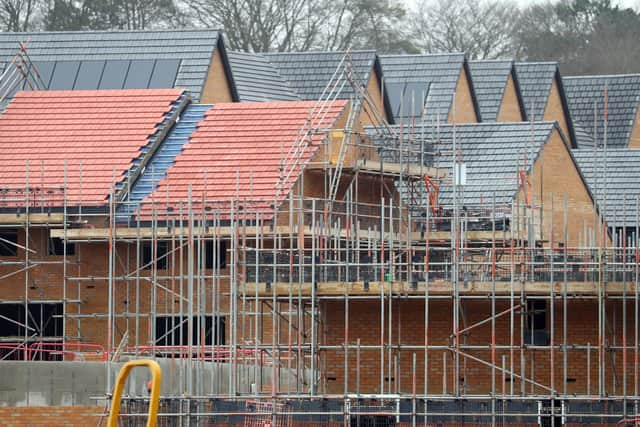Failure to regulate for new homes to be properly insulated is crazy - Yorkshire Post Letters
There’s a debate going on in climate science, and it’s not a good one. Are the predictions of global warming accurate or is the world heating faster than previously thought?
We’ve just experienced a 12 month period with a mean global average surface air temperature more than 1.5°C above the pre-industrial reference period. But even more alarming is the high ocean surface temperatures. These have been off-the-scale since May last year and remain high with sea surface temperatures in February being the hottest ever recorded.
Advertisement
Hide AdAdvertisement
Hide AdIt takes a lot of energy to heat the ocean and all that water has been absorbing most of the heat that our emissions have been building up for decades.


The reason for the debate is down to things like the ongoing natural cycle, the El Niño. But even taking this into account, the persistently high sea temperatures are concerning many scientists.
It will take some time and much analysis to come to a conclusion. But either way, the news is not great because the predictions are either accurate and we are running out of time to decarbonise or we have even less time than we thought to avoid disastrous global heating.
All this makes the UK’s failure to regulate for new homes to be properly insulated and fitted with solar panels and heat pumps crazy. As is our failure to insulate existing properties and allow wind-turbines to be built over land in England.
Advertisement
Hide AdAdvertisement
Hide AdComment Guidelines
National World encourages reader discussion on our stories. User feedback, insights and back-and-forth exchanges add a rich layer of context to reporting. Please review our Community Guidelines before commenting.
